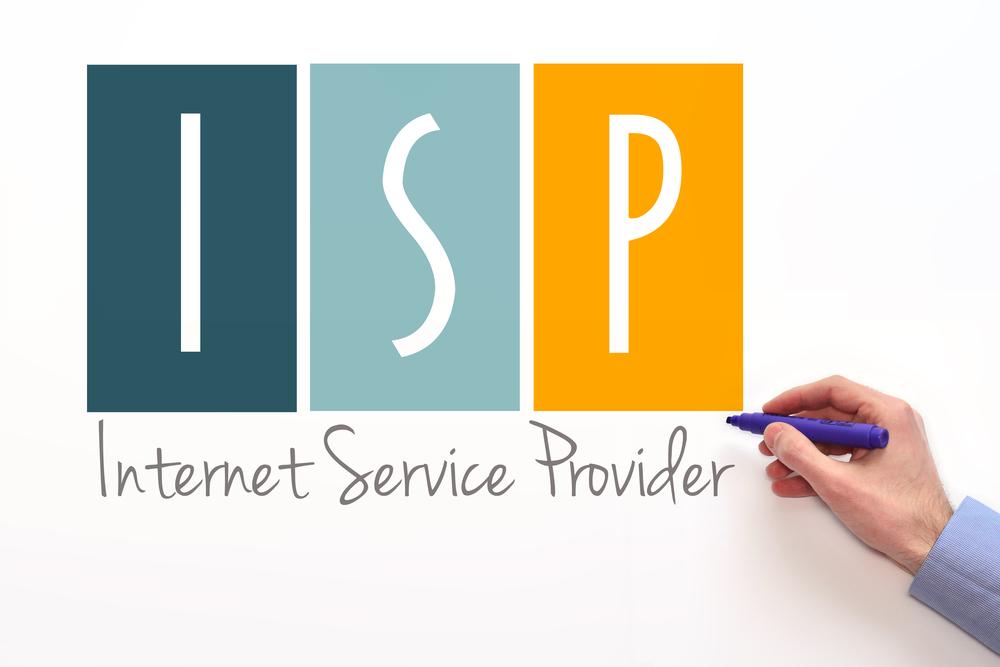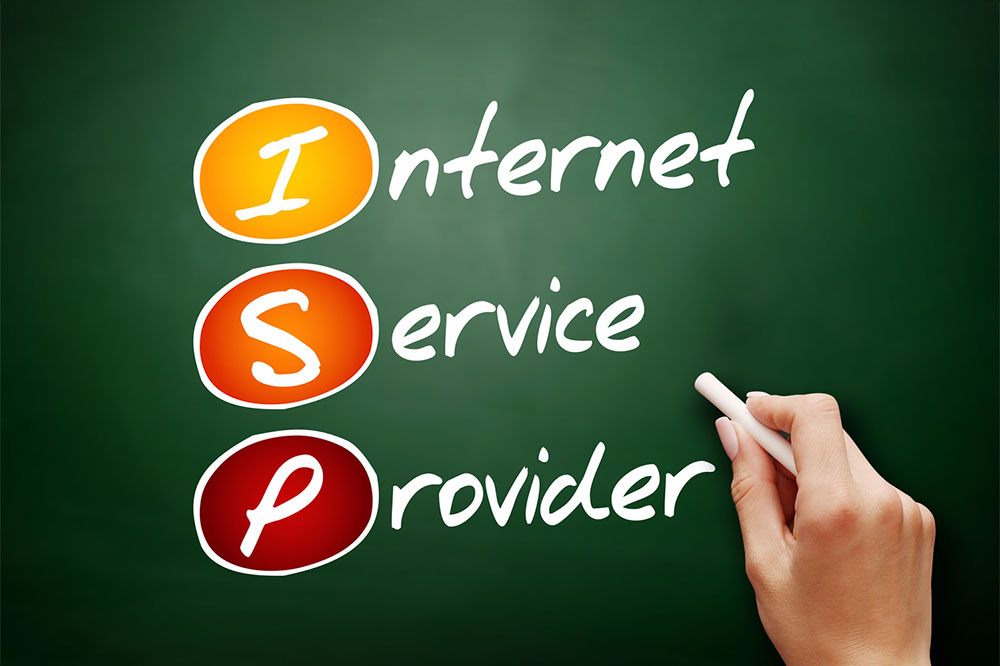Top Internet Service Providers and Tips for Choosing the Best One
Discover the top internet service providers and learn expert tips on choosing the right one. This guide covers essential factors like speed, reliability, and affordability, helping you make an informed decision for your home or business needs. Compare leading providers such as Comcast, Verizon, AT&T, and Cox, and understand the differences between broadband, DSL, cellular, and satellite options. With these insights, you can select an ISP that offers excellent service, consistent connectivity, and value for money, ensuring a seamless online experience.

Top Internet Service Providers and Tips for Choosing the Best One
Finding the ideal internet service provider (ISP) can be overwhelming with numerous options in the market. Since each provider offers different packages, speeds, and services, making the right choice requires careful comparison. It’s important to evaluate what matters most—whether that's speed, price, or specific features—and select a provider that fits your needs and budget. Comparing offers, reading reviews, and understanding service reliability can help you make an informed decision. The leading ISPs today include Comcast, Charter, Verizon, AT&T, and Cox.
Simplify your decision by considering key factors.
Identify your priorities
Understanding your needs is essential before choosing an ISP. With many providers offering varied plans and prices, focusing on what you require—such as speed, data limits, or price—helps narrow your options. Start by filtering providers that meet your performance aspirations and then consider affordability. The best providers strike a balance between quality and cost, ensuring you get reliable service without overspending.
Options include cable, DSL, or fiber-optic broadband.
Outdated dial-up connections are rarely used now, as they are slow and inefficient. For high-speed, stable internet, broadband options like cable, DSL, or fiber are preferred, offering fast upload and download speeds suitable for most users. Many providers offer affordable plans that meet daily browsing, streaming, and work-from-home needs.
Cellular and satellite connections
These options are alternatives for areas with limited broadband access. While faster than dial-up, they usually don't match broadband speeds and tend to be more expensive. Despite this, many consumers still rely on cellular or satellite services, especially in remote locations.
To find the best internet provider, research thoroughly. Consider service reliability, speed, and customer support by contacting providers directly. Reputable companies deliver seamless internet experiences, avoiding frequent disruptions common with lesser-known providers. Making an informed choice ensures smooth browsing, streaming, and working from home without constant network issues.










